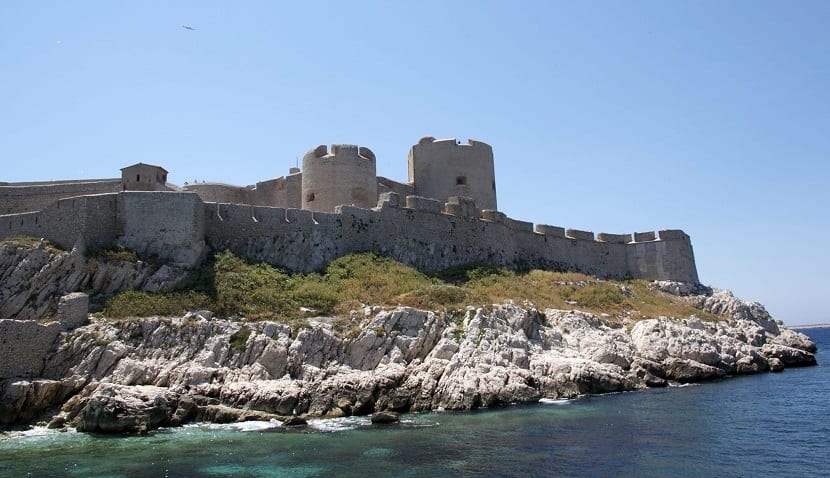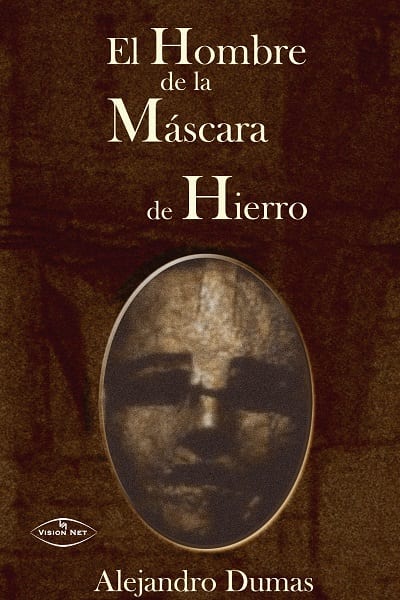On such a day as today #Alexander Dumas, and our colleague Mariola was in charge of bringing you this morning the best phrases of the writer, both from the father and the son. You can read them here. On the other hand, as an evening and dinner article we present you on this occasion the most emblematic works of Alexander Dumas and we give you reasons to read them if you have not already done so. Which of all the books Dumas wrote is your favorite?
"The Three Musketeers" (1844)
The action of this book takes place during the reign of Louis XIII, in France. D'Artagnan is an 18-year-old young man, the son of a Gascon nobleman, a former musketeer, with limited financial resources. He goes to Paris with a letter from his father to Monsieur de Treville, chief of the King's Musketeers. At an inn, during his route, D'Artagnan challenges a knight who accompanies a beautiful and mysterious lady. «The Three Musketeers" is almost certainly the best-known work of Alexandre Dumas. And if it doesn't ring a bell because of the book, it sure will because of the number of times this novel has been taken to film and television.
Nothing better than the novel to enjoy the adventures of the three musketeers.
"The Count of Monte Cristo" (1845)
Another of the great works of A. Dumas. It is a solid adventure novel. Shipwrecks, dungeons, escapes, executions, murders, betrayals, poisonings, impersonations, a child buried alive, a resurrected young woman, catacombs, smugglers, bandits ... Everything to create an unreal, extraordinary, fantastic atmosphere, tailored to the superman that moves in it. And all this wrapped up in a novel of customs, worthy of being measured against Balzac's contemporaries. This work revolves around a moral idea: evil must be punished. The count, from that height that gives him wisdom, wealth and the management of the threads of the plot, stands as "the hand of God" in order to distribute prizes and punishments, avenging his shattered youth and love. A work with which to get excited and feel the experiences of the count himself very close to the surface with the exquisite description that the author of it makes.
"The Medicis" (1845, published in 2007)
This family, headed by Juan de Medici, was in charge of protecting and promoting the culture of Florence, their city. Around him shone the most important figures in the field of art and knowledge, such as Donatello, Michelangelo, Galileo, Mantegna, Machiavelli or Leonardo da Vinci. This is the story of all of them. A story in which Alejandro Dumas shows us the story of a family, who, within the conspiracies and struggles of the time, made their difference by their love of art and their support for letters and science, as if from a genetic inheritance it will be, from generation to generation.
"The black tulip" (1850)
The De Witt brothers, protected by the great King Louis of France, will find their death at the hands of the maddened population of The Hague, who believe them guilty of conspiracy. But before dying, they will leave their godson Cornelius some compromising documents that will take him to jail, where, in the company of the young Rosa, he will strive to get what he most desires in the world: the black tulip bulb. With his usual narrative talent, Alexander Dumas deploys in this intrigue novel all the necessary ingredients to catch the reader from the first page and immerse him in the tumultuous Dutch society of the late seventeenth century.
"The Man in the Iron Mask" (1848)
The man in the iron mask is a story that was already part of the first of the books narrated here: "The Three Musketeers." In this story a mysterious character is revealed who was imprisoned for unknown reasons in the Bastille prison. Alexander Dumas identifies him as a twin brother of King Louis XIV.
This book is also titled "The Viscount of Bragelonne".
And you, which one or which of these books by Alexander Dumas do you still have to read? Which one would you start with?



"The Count of Monte Cristo" is not my favorite Dumas book. It is my favorite book of all time. He deserved first place hahahahahaha. Good article.